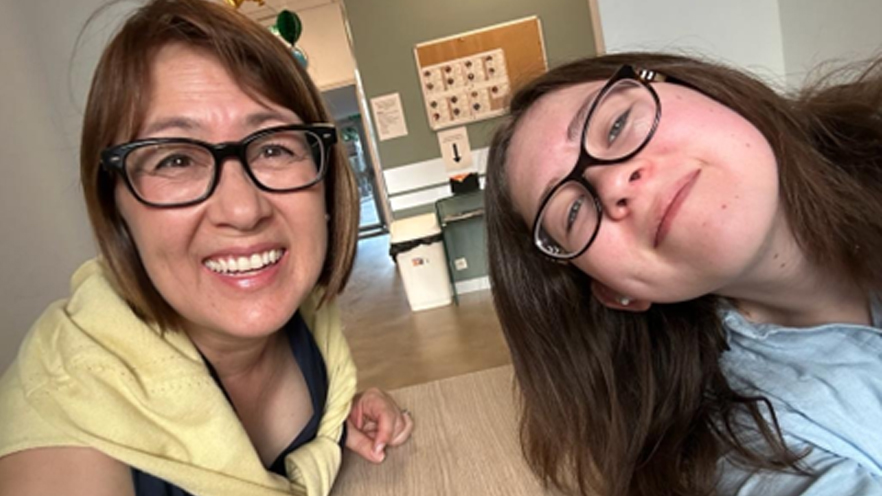
As a parent of two teens, I understand the slippery slope all parents face when it comes to advising, supporting, protecting and guiding your high school student, especially with college admissions. When it comes to helping your teen make plans for their college process, it can be hard to strike the right balance, especially if your student struggles with anxiety. Sometimes our very best intentions as parents can backfire during these important moments of decision-making.
This time of year, as our Seniors finalize their college lists and Common App essays, we sense a scramble in parents: are these the right schools, will this topic showcase how special my child is (and resonate with colleges), will they get it all done in time?
There are things you can support with – keeping your student on task with daily essay writing, continuing to have conversations about colleges, scheduling tours and the research that they need to select those final schools. But, as we all know too well, you cannot erase your teen’s anxiety with your worries or careful planning. There comes a point when you have to let go.
What I learned about my daughter (and parenting) this summer
My 16-year-old daughter isn’t yet applying to college, but she did attend a program abroad this summer that tested my approach to this journey.
As I dropped her off at her program this July, excited for her to immerse herself in studio art and French language in Paris, a city rich with history, culture, and adventure, my own fears surfaced. Was this the right program for her? Would she know how to ask for help? Does she know how to get food and do her laundry?
Although she struggles with anxiety, AND is a high introvert, she wanted to pursue this program abroad. At one point she even shared that she might be interested in attending college in another country.
Leading up to this summer’s adventure, she felt excited and seemed ready to tackle this challenge. When the moment finally arrived, I’m not gonna lie, the first few days were tough. She called me in tears feeling homesick, exhausted and overwhelmed. I had planned on staying in Paris an extra day, anticipating this exact scenario.
But when I stopped by her dorm to bring water and snacks, she introduced me to her roommate and two other friends she had already made! Her room was super compact, and my daughter had already made her own system, organizing her art supplies, notebooks, and personal items. We chatted briefly, hugged, and then she said, “You can go now. I’ll be okay mom,” and was off with her new friends to conquer the day.
Leaving my daughter that morning, after tearing up myself, I had a few powerful insights: First, kids with anxiety and neurodiverse learning challenges can and do learn to navigate life’s most difficult moments, and are capable of overcoming some, maybe not all, of their anxiety by doing hard things.
The second thing I realized is that having my own fears and worries as a parent is part of the process of letting go, and trusting that my daughter will navigate these moments in her own way.
You (and your child!) are enough
With record low admit rates and unpredictable outcomes, there is tremendous social pressure on our children. So take a breath and focus on the good – see your child’s wonderful qualities and dreams. Your child’s mental health, feelings, and emotions are important and as you go through the process of exploring and applying to college, keep a close eye on this. There are many, many MANY wonderful colleges out there and your child will be okay landing at any number of them.
I find that parents who take the long view, insert themselves assertively where and when it makes sense, and offer their perspective on their students’ strengths, skills, talents, and unique abilities throughout the process, tend to steer their child in the right direction in terms of college admissions. And as a result, their child tends to do well in terms of outcomes.
Just like I always tell students: you are enough – as a parent, as a person, as a pre-college cheerleader! Your child is lucky to have you as a partner in this process, and there is no perfect way to do it. Keep listening, communicating, and course-correcting along the way to strike the balance of support and independence that is right for your child. And if you feel a college advisor outside of the home would support not only your child, but also your ability to help them, please schedule a Student Success Call today. I’m rooting for you.


